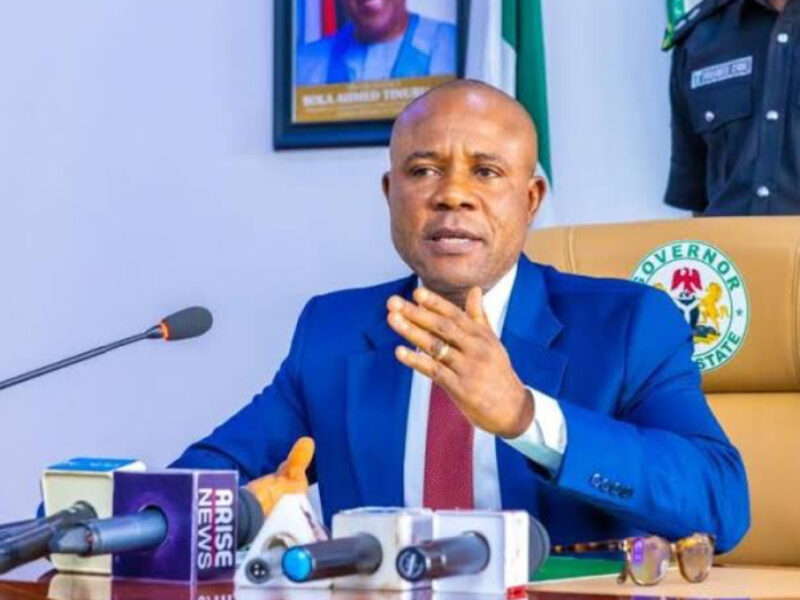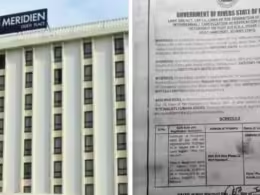Governor Mbah Advocates for Experiential Learning to Boost Innovation Among Nigerian Graduates
Enugu State Governor Peter Mbah has emphasized the lack of innovation and inventiveness among Nigerian graduates, attributing this issue to insufficient exposure to productive skills and experiential learning methodologies. He expressed these views during the inaugural Distinguished Personalities Lecture Series at the Enugu State University of Science and Technology (ESUT) on the topic, “Experiential Learning: Building the Wealth of the Nation,” held on Tuesday in Enugu.
Governor Mbah criticized the current educational model and funding in Nigeria, stating they fall short of fostering the rapid development and economic advancement needed for the country. He called for an immediate shift from traditional rote learning to experiential education, labeling it as the critical connection between education, industrialization, and growth in Gross Domestic Product (GDP).
“Why do Nigerian universities rarely make it onto global rankings of leading universities? Why do they appear unable to function as the idea-generating hubs that higher education institutions are meant to be? Why aren’t our universities producing Nigerian graduates who are inventive?” Mbah posed these rhetorical questions, noting that the answers reveal uncomfortable truths about the education system. He pinpointed a fundamental lack of productive skills and competencies acquired in schools—from primary to university levels—as a significant factor contributing to the country’s underdevelopment.
Pointing to other nations’ success, Mbah highlighted how the United States, China, Germany, and the Netherlands have become leading economies by investing heavily in a quality experiential education infrastructure.
In line with these goals, the governor announced that his administration is in the process of constructing 260 Smart Green Schools across the 260 wards in Enugu State. He stated that this initiative aims to promote experiential learning at all educational levels and supports a cohesive progression for students from foundational education to practical innovation.
In furtherance of this vision, Mbah declared that all state-run tertiary institutions in Enugu must implement experiential learning moving forward. “We are officially stating that state-owned higher education institutions in Enugu State are required to provide experiential learning to our children. This change should be evident in our planning, budgeting, curriculum reforms, assessments, promotions, and research initiatives,” he said, underscoring the necessity of linking education to real-world challenges and opportunities.
Experiential learning, as defined by Mbah, cultivates critical thinking, creativity, and collaboration, empowering students to become proactive problem-solvers rather than passive recipients of information. He also revealed that his administration has allocated 33 percent of the state budget to education, reflecting the government’s commitment to enhancing the educational landscape through experiential learning.
The Vice Chancellor of ESUT, Prof. Alloysius-Michael Okolie, the Pro-Chancellor and Chairman of ESUT Governing Council, Sir Chinyeaka Oha, and Prof. Obiora Ike, who chaired the public lecture, praised Governor Mbah for his significant investments in the education sector and his transformational leadership across various domains.






![Netherlands To Return 119 Benin Bronzes To Nigeria In Landmark Move [PHOTO] Netherlands To Return 119 Benin Bronzes To Nigeria In Landmark Move](https://reportafrique.com/wp-content/uploads/2025/02/images-49-2-260x195.jpeg)


Join our Channel...